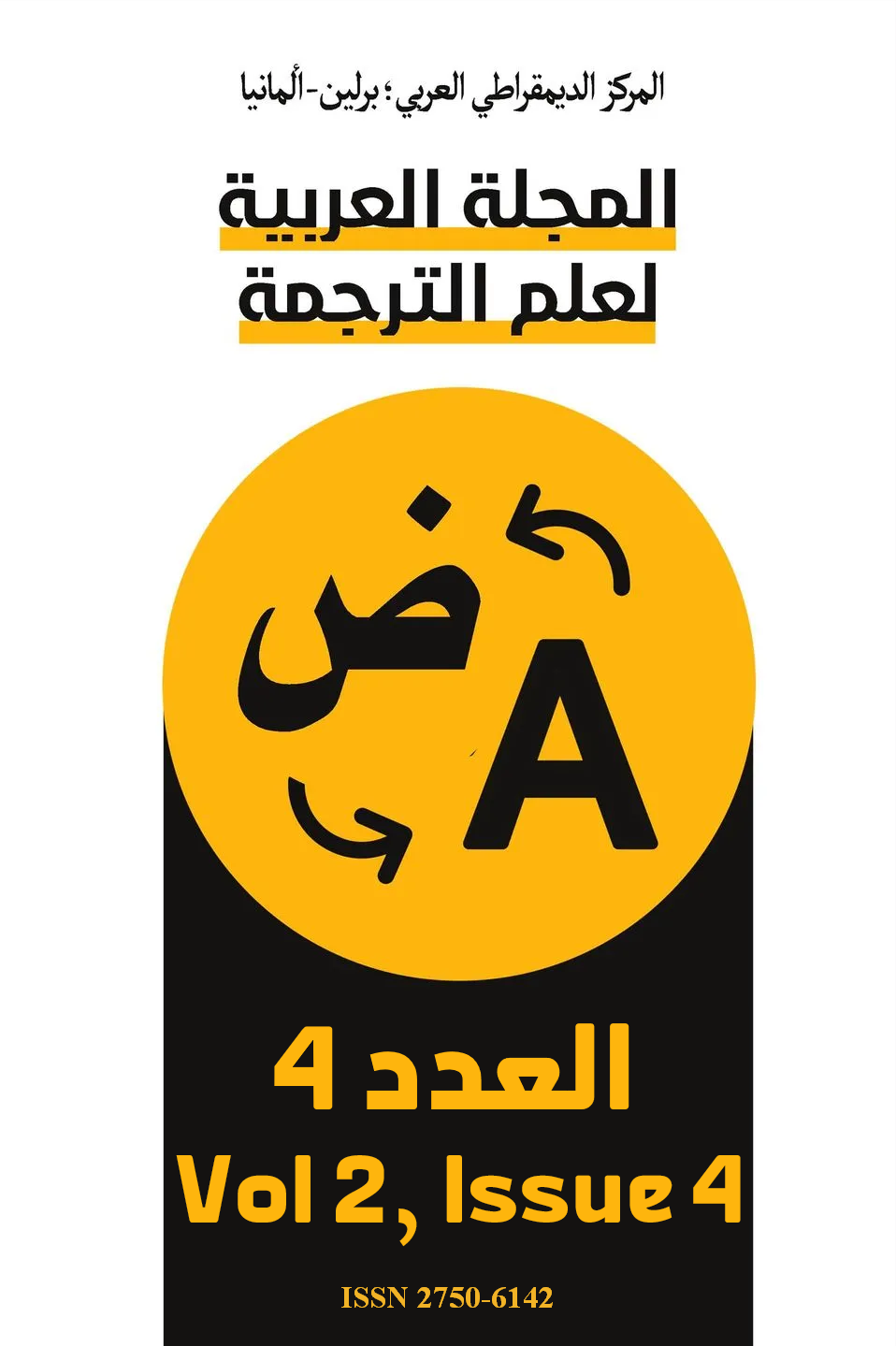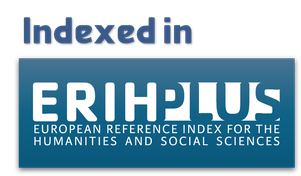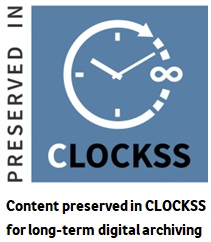Management of Retirement Disputes through Mediation: The Case of CMR
DOI:
https://doi.org/10.63939/AJTS.1y9ppg49Keywords:
Disputes, Retirements, Mediation, Reform, CharterAbstract
Administrative practice as a mechanism for interpreting and applying the rule of law sometimes leads the administration to make unfavorable decisions, resulting in dissatisfaction among affected users who, in turn, do not hesitate to bring their grievances before a court or specialized institutions.
Concerned users use pre-contentious recourse mechanisms ex ante to attempt to amicably resolve their disputes. Mediation is generally preferred over other dispute resolution mechanisms.
Several financial sectors tend to opt for this approach to resolve related disputes, namely financial markets, insurance, banking, taxes, and pensions. Given their peculiarities, these sectors find mediation as a platform for interaction, listening, and potentially reaching agreements between opposing parties.
The question of whether this mechanism will impact the rate of litigation in disputes seems to be of great importance. There is no doubt today that the relevance of this mechanism is appreciated in various aspects. Therefore, it is of great interest to consider expanding its scope to establish the institution of the Pensions Mediator (IMR), responsible for managing retirement fund disputes.
Downloads
Downloads
Published
Issue
Section
License

This work is licensed under a Creative Commons Attribution-NonCommercial 4.0 International License.
As an open-access the journal follows the CC BY-NC 4.0 Attribution-NonCommercial 4.0 International which states that:
- you are free to:
- Share— copy and redistribute the material in any medium or format.
- Adapt— remix, transform, and build upon the material.
- Under the following terms:
- Attribution— You must give appropriate credit, provide a link to the license, and indicate if changes were made. You may do so in any reasonable manner, but not in any way that suggests the licensor endorses you or your use.
- NonCommercial — You may not use the material for commercial purposes.
- No additional restrictions — You may not apply legal terms or technological measures that legally restrict others from doing anything the license permits.












